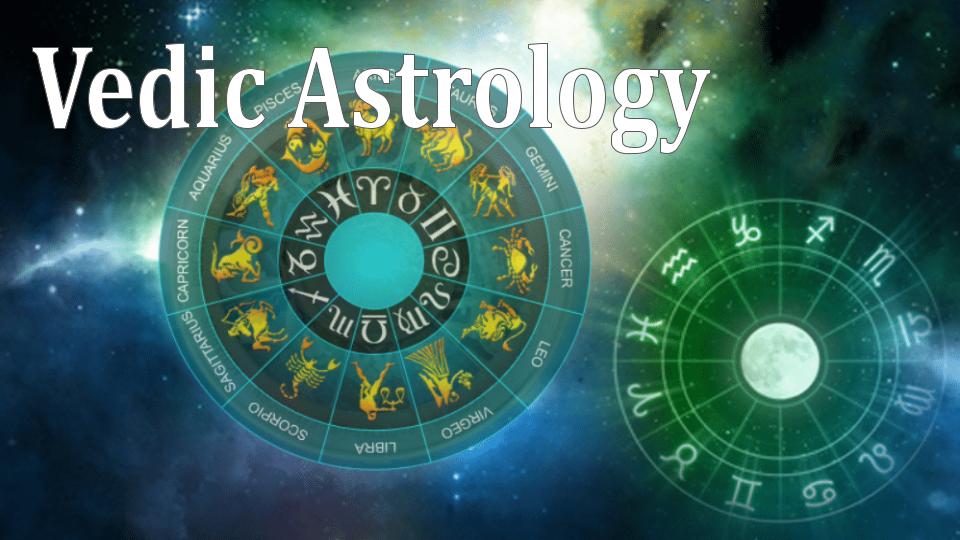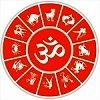
Vedic Astrology: Every Beginner’s Guide To The Fundamentals Of Jyotish
Jyotish Shastra or Vedic astrology is a philosophical tradition of ancient India that studies the movement of stars and their influence on human life. Literally, Jyotish translates from Sanskrit as the “science of light”. In this context, light refers to the radiation of light coming from planets and stars.
Vedic Astrology – Origins
Vedic astrology has been in practice much before recorded history. For example, ancient Indian culture used a calendar system that relied on the accurate tracking of planets, stars, and the moon. In fact, the Mahabharata – the ancient Indian epic that’s believed to be more than 5000 years old – includes several references to astrological signs as well as calculations. Not only was astrology used for judging the character and destiny of a person, but also for practical daily necessities.
How Does Vedic Astrology Actually Work?
Astrology is sophisticated and complex science. By using thousands of years of applied and theoretical knowledge, a professional astrologer interprets the arrangement of stars and planets to see how they reveal a specific course of events on Earth.
The 12 Houses At A Glance
Every horoscope or astrological chart is separated into twelve segments, which comprise the houses. The best astrologer in Kolkata states that in Jyotish, these houses are known as “sthanas”, bhavas, meaning “stations” or “residences”. It is through the combination of sign, planet, and house that the horoscope is interpreted.
Each house governs a particular domain of human life. Check out below for a brief overview of each house.
The 1st House
Body Part – the head
Position – the eastern horizon to 30 degrees below the horizon
Chief Domains – Physical appearance, personality, character, longevity, and happiness
The 2nd House
Body Part – the face
Position – 30 degrees to 60 degrees below the eastern horizon
Chief Domains – Education, wealth, tradition, generosity, and speech
The 3rd House
Body Part – the hands, arms, shoulders, and neck
Position – 60 degrees to 90 degrees below the eastern horizon
Chief Domains – Siblings, literature, courage, virtue, and sports
The 4th House
Body Part – the heart, the chest, and lungs
Position – 60 degrees to 90 degrees below the western horizon
Chief Domains – The home, mother, homeland, beliefs, and vehicles
The 5th House
Body Part – the stomach
Position – 60 degrees to 90 degrees below the western horizon
Chief Domains – Creativity, children, wisdom, investments, and success
The 6th House
Body Part – the intestines and lower abdomen
Position – The western horizon to 30 degrees below it
Chief Domains – Service, disease, debt, fear, and enemies
The 7th House
Body Part – the internal sex organs and colon
Position – The western horizon to 30 degrees above it
Chief Domains – Faithfulness, spouse, marital happiness, contracts, and sexual desire
The 8th House
Body Part – the anus and genitals
Position – 30 degrees to 60 degrees above the western horizon
Chief Domains – revolutions, scandals, the time and cause of death, the occult, and calamities
The 9th House
Body Part – the hips and thighs
Position – 60 degrees to 90 degrees above the western horizon
Chief Domains – the spiritual master, destiny, religion, piety, morality
The 10th House
Body Part – the back and the knees
Position – 60 degrees to 90 degrees above the eastern horizon
Chief Domains – The father, reputation, career, authority, and rank
The 11th House
Body Part – the calves
Position – the eastern horizon to 30 degrees above it
Chief Domains – Income, gains, communities, aspirations, and marketplaces
The 12th House
Body Part – the feet
Position – the eastern horizon to 30 degrees above it
Chief Domains – Liberation, forgiveness, misfortune, losses, and the subconscious
Qualifications Of A Vedic Astrologer
In an era filled with fortune-tellers and psychics, it’s essential to note that the techniques of Vedic astrology require several years of training and academic study. A leading Vedic astrologer in Kolkata is one, who has in-depth knowledge of Jyotish and has a rich legacy in the field of astrology.
Vedic astrology, beyond the technical aspects, is eventually a spiritual science, and thus necessitates intuition skills that are normally present in only those who uphold certain standards of spiritual practice. Reading horoscopes and giving advice on how to best tackle various obstacles from a spiritual perspective, a good astrologer should live a life in which he maintains a strong standard of spiritual discipline.
